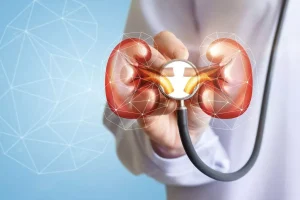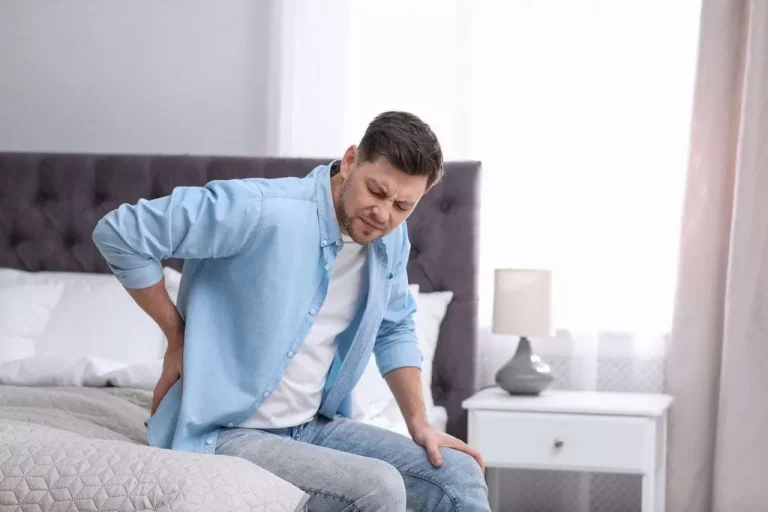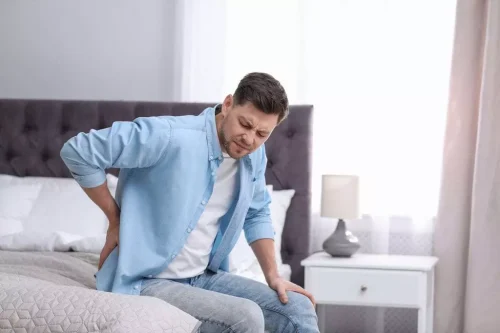Cannabis plant material can also be concentrated in a resin called hashish or a sticky black liquid called hash oil. Research has also found that developing a strong sense of self-efficacy, or a belief that a person can resist using cannabis, is an important predictor of long-term abstinence. More than 1 in 10 drinkers say they have used marijuana in the past year. Combining alcohol and marijuana at the same time roughly doubled the odds of drunk driving or legal, professional, or personal problems, compared to drinking alone. If you smoke pot regularly, it can lead to coughing, wheezing, phlegm, and a higher risk of respiratory infections. Your airways may be more sensitive, which could cause problems when your doctor puts in or takes out your breathing tube.
Getting Help for Marijuana Addiction
Regardless of how THC is ingested, the substance acts specifically on the brain cell’s cannabinoid receptors. These receptors—ordinarily activated by THC-like chemicals produced naturally by the body—are part of marijuana addiction the neural communication network, called the endocannabinoid system, which plays an important role in normal brain development and function. The age at which a person begins using cannabis is another factor linked to the risk for addiction.
Marijuana Addiction
A Yale Medicine-led study identified several gene variants that increase risk of cannabis dependence. However, more research is needed in order to confirm the findings and understand how these genetic factors might contribute to marijuana dependence. While most people do not develop cannabis use disorder, it can happen. So, it’s important to be especially aware of the signs of marijuana addiction. There are resources and treatment options available for those who are dealing with addiction. A study published last summer linked medical marijuana use to lower pain levels and reduced dependence on https://ecosoberhouse.com/article/consequences-of-drinking-and-driving-dui/ opioids and other prescription medications.
Therapies Used in Marijuana Addiction Treatment
Another, published by the American Medical Association (AMA) in February, found that chronic pain patients who received medical marijuana for longer than a month saw significant reductions in prescribed opioids. It also points to self-reported data suggesting some people already are reducing opioid use in favor of cannabis. Your healthcare provider may prescribe medications to treat co-occurring mental health disorders. For example, they might prescribe antidepressants to treat symptoms of anxiety or depression. Research suggests that up to 90% of people who are dependent on marijuana will experience withdrawal symptoms.
It May Affect Your Mental Health
For instance, one study found that if your biological parents abuse alcohol or other drugs, you may be more likely to abuse alcohol or other drugs, including marijuana. Another study found that those who begin using marijuana before the age of 18 are four to seven times more likely to develop a cannabis use disorder later in life. Experts are still investigating why some people become addicted while others don’t.
Health Challenges
People dealing with poor sleep quality may also use cannabis to relieve these symptoms (although in the long term, it’s been found to decrease sleep quality). Two of these components, delta-9-tetrahydrocannabinol (THC) and cannabidiol (CBD), have effects that are commonly known to people who use marijuana. THC is known as the substance that makes a person feel a “high,” while CBD often promotes a feeling of relaxation. Even if not physically or chemically dependent on marijuana, some people will develop a psychological dependence upon the drug. This often persists despite a person knowing they have a dependence or wanting to quit. Some researchers believe that because today’s marijuana is much more potent, it makes it more likely that some people will develop physiological dependence.
Coping With Marijuana Abuse
Until such options exist, cannabis use disorder is best treated through counseling and therapy. Drugs that lessen marijuana cravings have often been unsuccessful. “There is an urgent need to develop effective treatments, either behavioral or pharmacological, for cannabis use disorder,” says Yale Medicine psychiatrist Deepak Cyril D’Souza, MD, a Yale Medicine psychiatrist. “It is likely that the combination of behavioral and pharmacological approaches will be superior to either alone.” Regular or heavy use of cannabis can result in the development of tolerance and dependence.
Public Messages
- Another possibility is that marijuana users who become misusers have a dopamine system that’s naturally less responsive, making them more vulnerable to abusing the drug.
- People in mid-to-late adolescence are most likely to begin using cannabis.
- Like the possible risk of chronic conditions like schizophrenia, the chances of cannabis use disorder are greater the younger you start marijuana and the more heavily you use it.
- Some cannabinoids are psychoactive, meaning they act on the brain to modify mood or consciousness.
- Once you decide to stop smoking weed, your first decision is to pick which approach is right for you and your needs.
Cannabis use disorder involves continued use of the substance even though the person experiences negative health or life effects from it. Substance dependence, also called chemical dependence, is when a person experiences physical dependence on a substance but is not addicted to it. One example is when a person who has taken a prescription medication for a long time stops taking that medication and experiences physical or mental withdrawal symptoms.
What are the risk factors for cannabis use disorder?
Additionally, men are twice as likely as women to experience marijuana use disorder. Cannabis use disorder, or marijuana use disorder, is when a person continues to use the substance even though they experience negative health or life effects from use. Symptoms include excessive focus on marijuana use; ignoring school, work, or relationships; other problems caused by marijuana use such as an inability to resist cravings; and more. Medications such as antidepressants may be prescribed to treat co-occurring mental health conditions such as anxiety or depression. You can consult your healthcare professional to see if this is a viable treatment option. Another recent study out of Ohio found that a large majority of medical marijuana patients in the state say cannabis has reduced their use of prescription opioid painkillers as well as other, illicit drugs.





